Chaired by Louise Grantham, chief executive of compliance scheme REPIC, the session featured presentations covering the reuse, recycling and waste of EEE from Robert Sant, managing director of AO Recycling; Professor David Greenfield, managing director of Tech-Takeback; and Andrew Mullin, quality manager for the UK and Ireland at BEKO.
AO Recycling is one of the UK’s biggest recyclers of fridges and other large domestic appliances. During his talk, Mr Sant questioned the morality of repairing older large domestic appliances which require a lot of electricity to run at a time when people are struggling with energy costs.
This, he said, provided a barrier to increasing the rate at which large domestic appliances are reused.
“It seems pretty clear that older appliances do cost more to run,” he said. “Is it morally right to repair an old appliance if it costs a lot of money to run?
“Typically, these appliances are going to people who have the lowest disposable income and then we are going to give them the burden of running a very old appliance for a long time.”
Mr Sant said AO Recycling’s exacting standards mean the company only repairs less than 5% of the appliances it collects. This equates to 50,000 appliances a year.
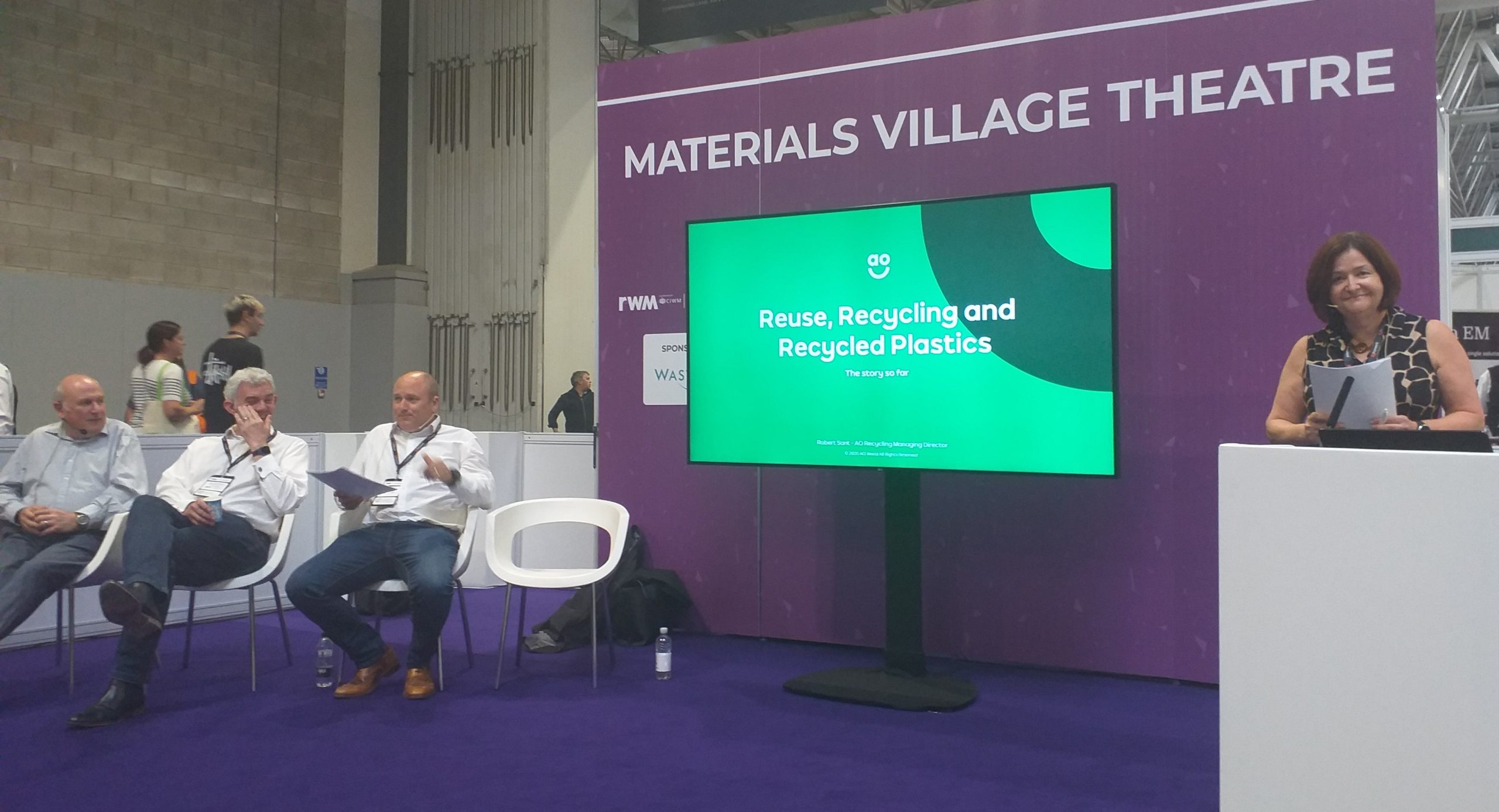
Energy efficiency
Professor Greenfield was another who suggested deciding when an older electrical appliance was worth repairing was difficult, due to improvements in “energy efficiency” in recent years. Tech-Takeback, his organisation, is a Brighton-based not-for-profit company that prepares electricals for reuse by local charities and community groups.
He said it was “a delicate balance” deciding when to repair an item and give it to a homeless family in emergency accommodation and when they should instead recycle it as it would cost too much to run.
This is an area in which Tech-Takeback is currently undertaking nine months of research. “We got NICER funding this year, working with University College London, the UKRI Centre for Circular Metals and the Restart Project to look at when is the nexus point for repairing,” Professor Greenfield said.
“We’re currently creating a multicriteria assessment tool to determine – using things such as social, environmental and economic value, but also historical value – when we should actually repair something or when we should disassemble it.”
Challenges
Mr Sant identified several other challenges inhibiting the reuse of electrical appliances, aside from morality.
It’s always going to be a challenge to get high levels of reuse through council-collected appliances
- Robert Sant, managing director of AO Recycling
The first of these was collection damage, which he said increased when collections were carried out by local authorities. “It’s a simple fact; when we collect through retail collections, we get minimal damage,” he said. “In our experience, it’s always going to be a challenge to get high levels of reuse through council-collected appliances.”
The second challenge Mr Sant identified was the “viability” of reuse and being able to sell a product for more than it cost to repair. He said AO Recycling had developed systems allowing the company to predict what might be wrong with an appliance based on make and model, helping them work out whether it was viable to repair it.
The final challenge was “safety in markets”. “We don’t repair product recall items, we don’t export to certain countries or areas and we won’t sell non-working or incomplete products,” he said.
Recycling
Away from reuse, BEKO’s Mr Mullin talked about how the government could promote the reuse of recycled plastics in the manufacture of new appliances. A subsidiary of Turkish multinational company Arçelik, BEKO is one of the largest manufacturers of home appliances in the UK.
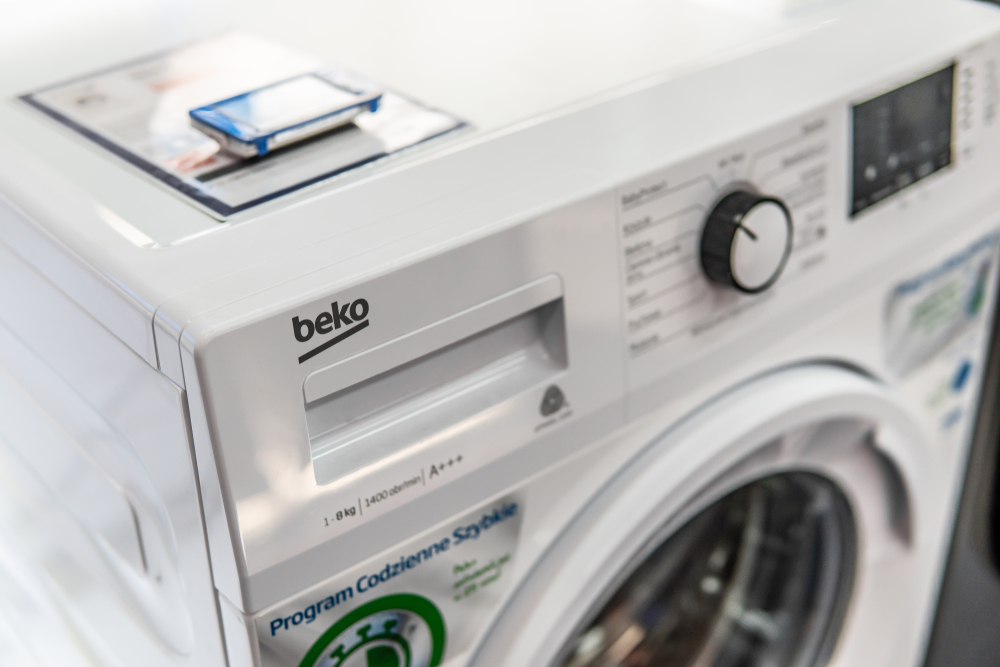
Mr Mullen said a “big problem” for BEKO as manufacturers was that Turkish customs would not allow them to import recycled plastics from the UK.
He said: “I’m not entirely sure on the reasons why that is, but I read the papers like anyone else and see the pictures of waste from the UK being dumped in Turkey. I’m sure that plays a big part of it.”





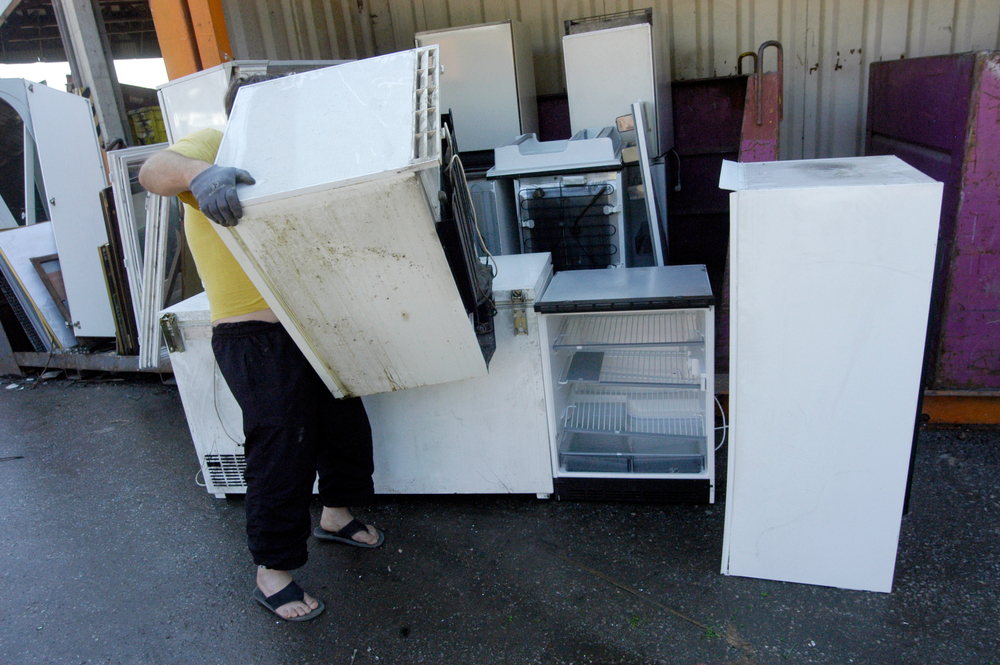
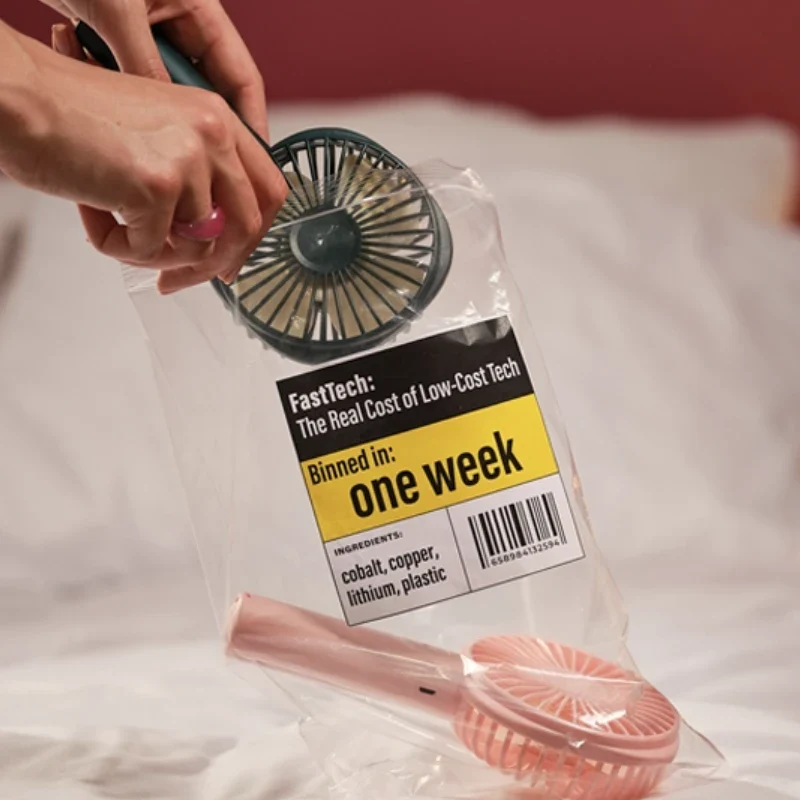
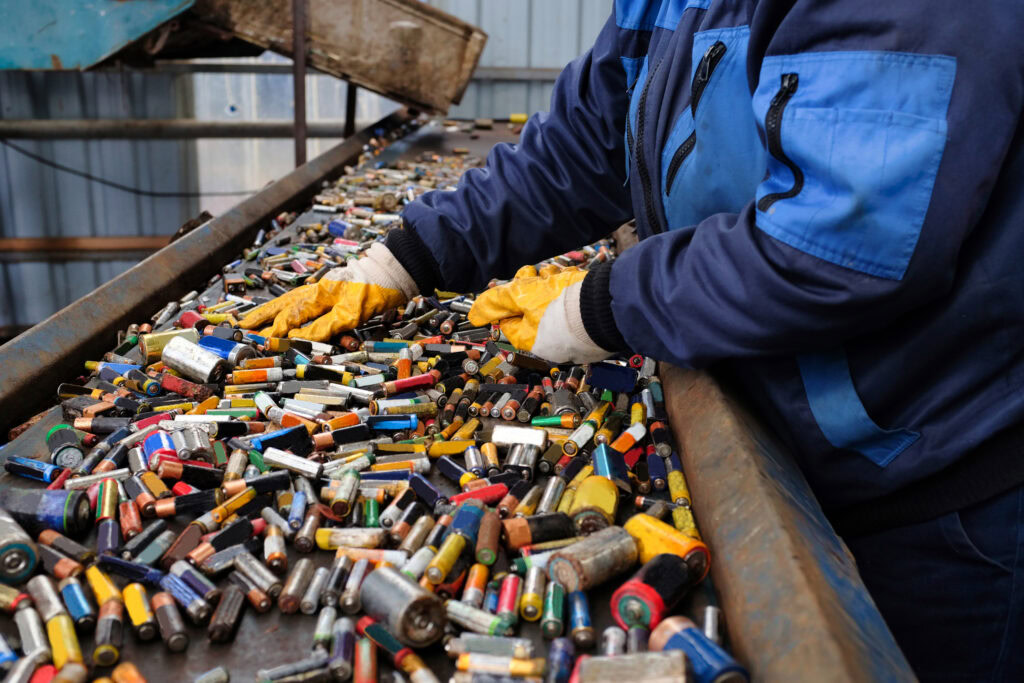
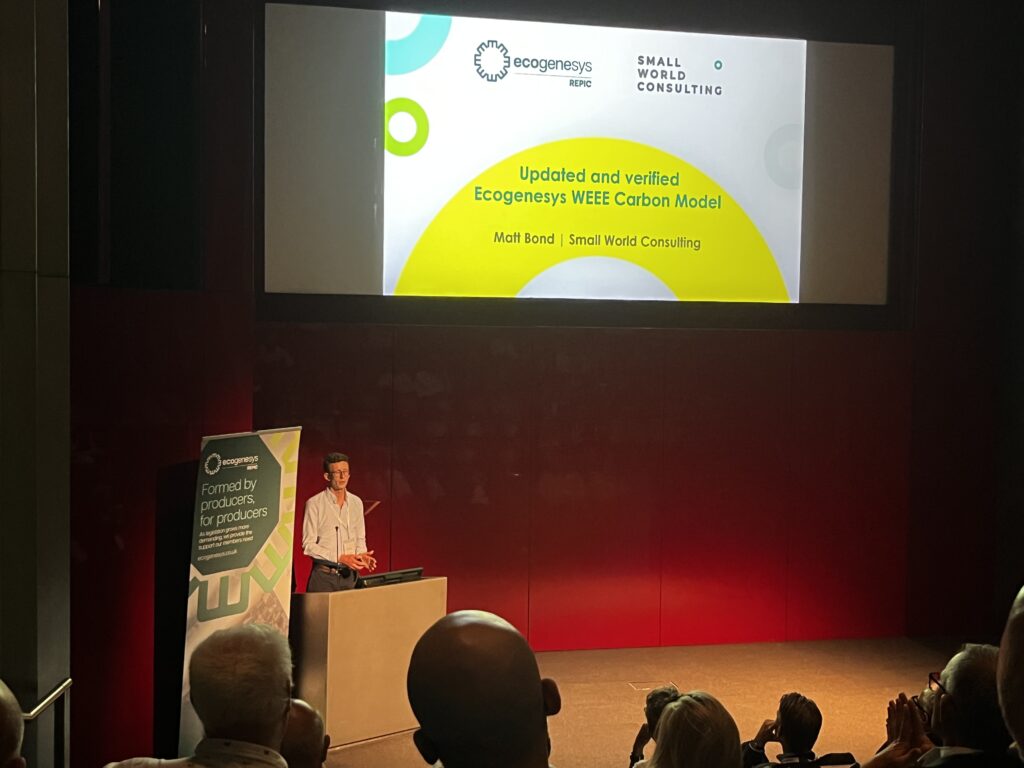
Subscribe for free